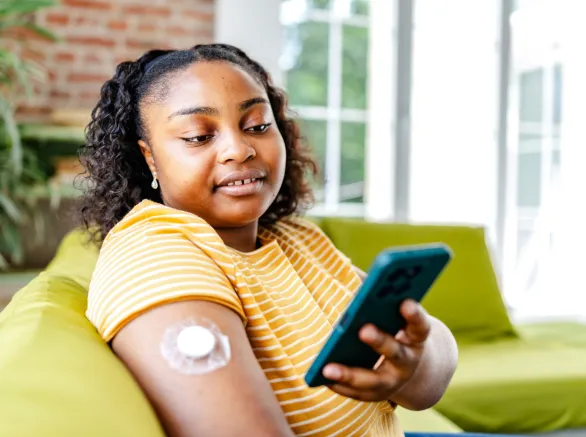May 27, 2022
EPA's emerging viral pathogens policy allows off-label claims that compliant disinfectants can kill the monkeypox virus
On May 23, following identification of an active monkeypox case in the U.S., the U.S. Environmental Protection Agency (EPA) issued an official notification to their Emerging Viral Pathogen Guidance and Status for Antimicrobial Pesticides page adding monkeypox virus to their emerging viral pathogens list. EPA triggered use of its emerging viral pathogens (EVP) policy to allow registrants of compliant disinfectants to make off-label claims that their EPA-registered disinfectants kill the monkeypox virus on hard, non-porous surfaces based on the ability of the disinfectant to kill other harder to kill viruses.
Monkeypox is a rare disease first discovered in 1958 when two outbreaks occurred in the U.S. among colonies of monkeys being kept for research. Since then, cases were identified in the U.S. in 1970, 2003, and most recently in 2021. The Centers for Disease Control and Prevention is now tracking multiple clusters of monkeypox virus infections reported in early to mid-May in several countries in Europe and North America that do not typically report monkeypox infections. Due to this EPA notification in response to the monkeypox case in the U.S., the use of the 2016 EPA Emerging Viral Pathogens Guidance for Antimicrobial Pesticides is now in effect.
How Exponent Can Help
Exponent can help clients navigate the EPA requirements under the Emerging Viral Pathogens Guidance for monkeypox and other emerging viral pathogens (i.e., SARS-CoV-2 and rabbit hemorrhagic disease virus). Registrants with products that comply with the EVP may communicate to the public a given product's ability to kill monkeypox through technical literature distributed to the healthcare community, consumer information services, social media, and company websites.


